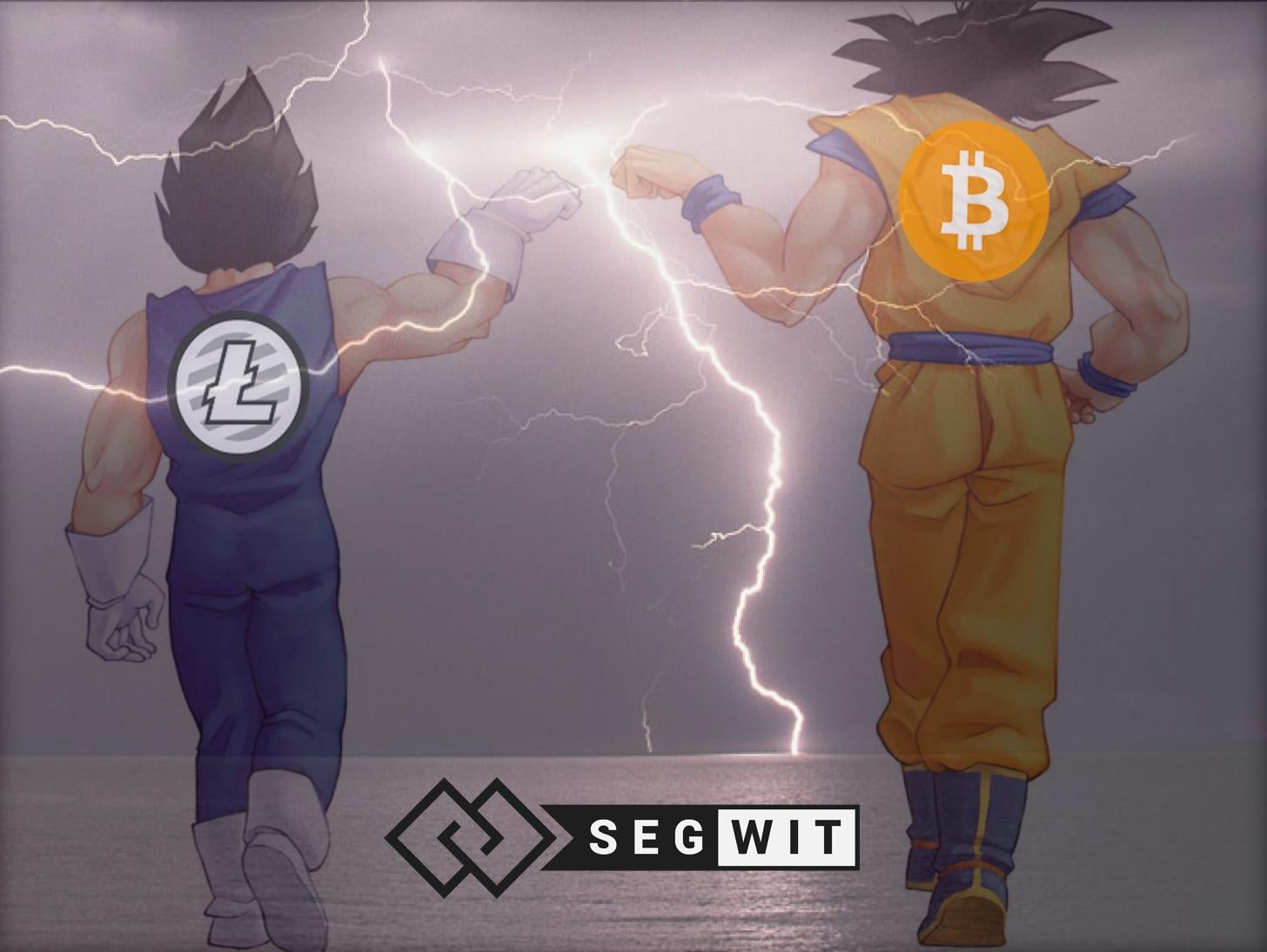 by "SteveLehto" (stevelehto)
by "SteveLehto" (stevelehto)
Published 08/10/2017 at 08:00
 by "SteveLehto" (stevelehto)
by "SteveLehto" (stevelehto)
Published 08/10/2017 at 08:00
No Tags
STARS: 7

We need banks but if youíre not careful - theyíll nickel-and-dime you to death. And some of the fees are voluntary.
Thatís the weird part. One of the most lucrative fees the banks charge is for overdraft protection on your debit card. While itís a nice thing to have, it might cost you $20 - $30 each time you use it. But itís something you have to opt IN to. Meaning that if you donít ask for (or approve it) your ATM or debit card will simply be declined (with no fee) if you try using it when there is not enough money in the account to cover the purchase.
Do you really need to use your debit/ATM card when you donít have enough money in your account to cover the purchase? If so, then get this coverage and watch the fees rack up. But if not - and you can actually live on the money you actually have in your account - donít sign up for it and save the money.
The stats are ugly on how much the banks make off of this one fee and much of it comes from repeat offenders. If you find yourself using this dozens of times a year, re-think your finances. Youíd doing something wrong.
The audio:
!!! UNKNOWN CONTENT TYPE !!!
And the video:
!!! UNKNOWN CONTENT TYPE !!!
Top shot: Dave Scott of Motown Digital, Me, Mark Lieberman - discussing Tucker #1043 at the Troy Traffic Jam last weekend.
Follow me on Twitter: @stevelehto
Hear my podcast on iTunes: Lehtoís Law
Steve Lehto has been practicing law for 25 years, almost exclusively in consumer protection and Michigan lemon law. He wrote The Lemon Law Bible and Preston Tucker and His Battle to Build the Car of Tomorrow.
This website may supply general information about the law but it is for informational purposes only. This does not create an attorney-client relationship and is not meant to constitute legal advice, so the good news is weíre not billing you by the hour for reading this. The bad news is that you shouldnít act upon any of the information without consulting a qualified professional attorney who will, probably, bill you by the hour.
 "PatBateman" (PatBateman)
"PatBateman" (PatBateman)
08/10/2017 at 08:09, STARS: 1
If you keep overdrafting your account, the ABSOLUTE BEST WAY to correct the habit is by using a checkbook register. The bank will give them out for free. If you are unwilling to do this, you are dumb and lazy and deserve the OD fees.
 "404 - User No Longer Available" (toni-cipriani)
"404 - User No Longer Available" (toni-cipriani)
08/10/2017 at 08:16, STARS: 2
I donít know if this is a thing in the US, but up here at 2 of the banks itís possible to use a line of credit as a free, unlimited chequing account by overpaying it. Itís because they actually set up these lines as chequing accounts with the overdraft facility being the line limit, so you can treat it like as such, except when you dip into it, itís not exorbitant fees but only pennies in interest, or even nothing if you put the money back before close of business.
On top of that, you can clear cheques immediately by dipping into the facility, they even give you free cheques to write. You can even give your account number to friends for them to make a ďbill paymentĒ for money transfers.
Thatís what I do... way better than having them trying to charge $30 a month for me to have a regular chequing account.
 "Arrivederci" (arrividerci)
"Arrivederci" (arrividerci)
08/10/2017 at 08:31, STARS: 0
Do you really need to use your debit/ATM card when you donít have enough money in your account to cover the purchase? If so, then get this coverage and watch the fees rack up. But if not - and you can actually live on the money you actually have in your account - donít sign up for it and save the money.
The reason banks instituted this initially was to save clients money who regularly bounced checks (when checks were a thing). If someone has a cash flow problem and bounces ten checks that were all written at the same time, thatís something like $350 in fees ($35/check). Having overdraft protection makes that only a $35 fee.
Now, it has certainly outlived its cost-savings usefulness for the consumer, but banks obviously keep it around as a source of fee-based revenue.
 "jvirgs drives a Subaru" (jvirgs)
"jvirgs drives a Subaru" (jvirgs)
08/10/2017 at 08:39, STARS: 0
Except those overdraft lines usually come with pretty high interest rates if you arenít careful.
 "SteveLehto" (stevelehto)
"SteveLehto" (stevelehto)
08/10/2017 at 08:49, STARS: 2
Why would it be less? The ATM ďprotectionĒ is per incident as well.
 "TheRealBicycleBuck" (therealbicyclebuck)
"TheRealBicycleBuck" (therealbicyclebuck)
08/10/2017 at 09:02, STARS: 1
When I was young, I had a series of overdrafts which snowballed to the point where they started bouncing all subsequent checks. That led to a bunch of charges from all of the recipients of those checks, including late payment fees and bounced check fees. I was using checks for everything, so I was getting $30 fees on silly things like $10 checks for groceries.
While it was partly my fault, it was partly the bankís fault. It had to do with how the bank processed deposits and withdrawals. I knew I was cutting it close. My register said so. What I didnít know was that the bank processed withdrawals and applied fees before they processed deposits. I also didnít know that some companies are a hell of a lot faster at submitting checks than others. I also didnít know that some businesses would resubmit checks, resulting in multiple overdraft/insufficient funds fees from the bank for the same check .
When I finally discovered that something was wrong, I contacted the bank and discovered my account was over a thousand dollars in the red, much of it due to fees.
I sat down with one of the bankers and went through the statement. I showed them how, if they had applied the deposit before they started processing withdrawals, only one of my checks would have caused an overdraft. In the end, I was able to get them to refund the majority of the fees and I talked most of the retailers into resubmitting the checks for payment, thus avoiding most of their bounced-check fees. It still cost me a lot of time and a little money, but it was a very good lesson about living on the edge.
 "404 - User No Longer Available" (toni-cipriani)
"404 - User No Longer Available" (toni-cipriani)
08/10/2017 at 09:07, STARS: 0
Still nowhere as high as an actual overdraft facility. Weíre talking:
- $4 monthly fee for the facility, or $5 per overdraft incident, plus
- a
21%
p.a. interest.
https://www.td.com/ca/en/personal-banking/how-to/bank-accounts/manage-my-accounts/?tdtab=3
As opposed to 9.15% (for mine) for an unsecured LOC, charged daily. I would argue those facilities are worse daylight robbery even compared to a credit card cash advance.
 "SteveLehto" (stevelehto)
"SteveLehto" (stevelehto)
08/10/2017 at 09:07, STARS: 3
And some banks purposely run the checks through in descending size. So they will do the largest checks first, making sure to cause as many checks to bounce as possible. They do it specifically to hit the customer with fees.
 "TheRealBicycleBuck" (therealbicyclebuck)
"TheRealBicycleBuck" (therealbicyclebuck)
08/10/2017 at 09:13, STARS: 1
ďIf someone has a cash flow problem and bounces ten checks that were all written at the same time, thatís something like $350 in fees ($35/check). Having overdraft protection makes that only a $35 fee.Ē
Except at banks where they charge an overdraft fee for every check that they cover. Then the only thing avoided is the bounced-check fee charged by the retailer.
Iíve lived this nightmare.†
 "R Saldana [|Oo|======|oO|] - BTC/ETH/LTC Prophet" (r-saldana)
"R Saldana [|Oo|======|oO|] - BTC/ETH/LTC Prophet" (r-saldana)
08/10/2017 at 09:15, STARS: 0
Arise chikun:

 "Arrivederci" (arrividerci)
"Arrivederci" (arrividerci)
08/10/2017 at 09:27, STARS: 0
Because the overdraft protection kicks in the necessary amount for your balance to stay above water.
Checks donít clear in (essentially) real time like ATM/Debit transactions do - they clear when they get to a processor at the bank where funds are held. So, if ten checks are written that all get presented to the processor on 8/10/17, they all clear the account on 8/10/17 as one transaction. Instead of being charged overdraft/bounced check fee individually of $35 per check, which would be $350, overdraft protection will kick in the necessary funds to keep your account above zero for one fee of $35.
Since ATM or debit card transactions are real-time, each attempt is separate, so each instance is a separate overdraft protection request.
 "404 - User No Longer Available" (toni-cipriani)
"404 - User No Longer Available" (toni-cipriani)
08/10/2017 at 09:28, STARS: 1
OK, so I re-read your comment, I think youíre confused.
What Iím saying is, DONíT use the overdraft lines, but use a loophole where a line of credit is set up as an overdraft facility by the bank. Itís not actually an overdraft from a product sense but a regular unsecured LOC.
 "Arrivederci" (arrividerci)
"Arrivederci" (arrividerci)
08/10/2017 at 09:31, STARS: 0
If each check is presented to processing on the same day, that shouldnít be the case. However, if check #1 is presented 8/9, check #2 is presented 8/10 and check #3 is presented on 8/11, theyíd each incur separate fees.
If checks #1, 2 and 3 are all presented on 8/10, overdraft protection will only charge one fee. At least at the bank where I work.
 "TheRealBicycleBuck" (therealbicyclebuck)
"TheRealBicycleBuck" (therealbicyclebuck)
08/10/2017 at 09:44, STARS: 0
ďAt least at the bank where I work.Ē
Sounds like a decent bank. This is NOT how Bank of America worked in the early Ď90s. Itís one of the reasons I switched. As Steve mentioned in one of his responses, if BoA had processed the deposit first, then applied the checks in ascending order of value, there would have been only one fee for the big check that bounced (I think it was either tuition or rent). Instead, they processed the checks in descending order before processing the deposit. Then they treated the resubmittals of each bounced check as a separate transaction, generating more fees. They didnít bother to call me either. I didnít find out until several days later when I received a pile of overdraft notices in the mail.
 "ateamfan42" (ateamfan42)
"ateamfan42" (ateamfan42)
08/10/2017 at 11:53, STARS: 1
But itís something you have to opt IN to.
Thatís interesting, because I do not remember ever opting in to overdraft fees with my credit union. But I did set up my account 20 years ago, so my memory is likely suspect.
I got hit with these fees a couple of times when I transferred money from my savings into my checking during the weekend, then used my debit card (which of course draws from the checking). The credit union chose to process the transfer on the next business day, but processed the debit transactions immediately. It took some complaining to get them to straighten that out. Iím not sure they ever accepted that processing different kinds of transactions at different times was ludicrous.